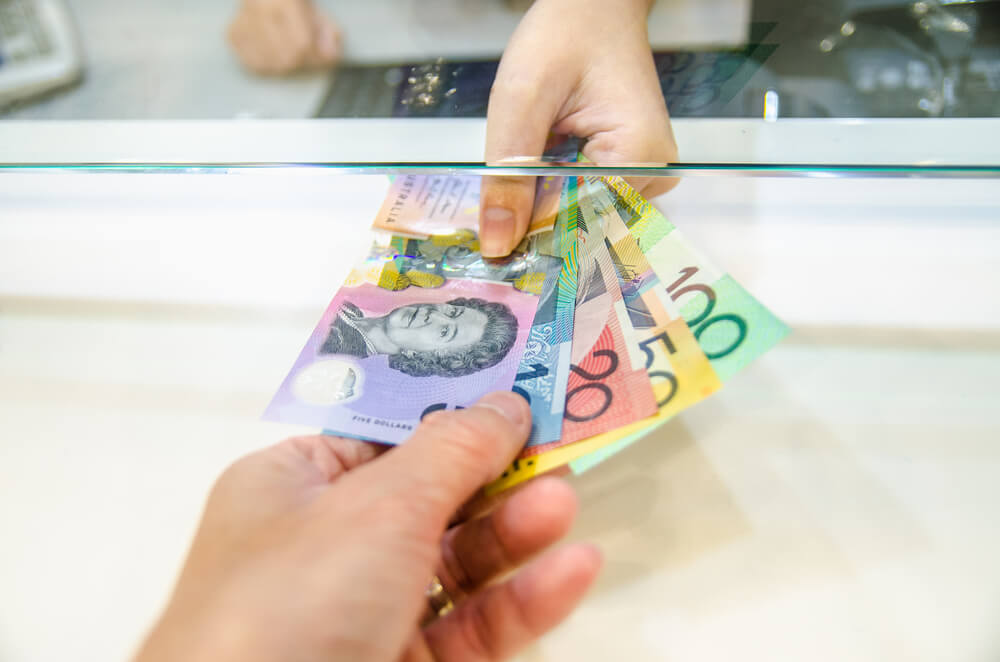If you have family, friends or a spouse abroad, you may, at some point, receive money from them.
Whether it’s for a birthday, wedding, tuition fees or to help with living expenses, an International Money Transfer (IMT) is a secure and easy way to send or receive money from overseas, in any chosen currency.
An IMT is an electronic transfer of funds to or from an international bank or account that allows you to receive money from almost anywhere in the world. However, transfer recipients may need to pay some associated fees.
While the sender incurs most IMT transaction fees, there may be a few costs associated with receiving money from overseas.
Most fees for international money transfers will be incurred by the sender, including transaction fees, cancellation fees or amendment fees. As a receiver, you may be charged a receiving fee from your bank or financial institution, which will be deducted from your total amount, to process and deposit a foreign payment into your bank account.
Most international money transfers are sent via the SWIFT system, a global network of banks that process international payments. As such, your intended payment could be re-routed from your sender’s bank through intermediary banks – all of which could charge their own fee – before the money reaches your bank account. These fees may be deducted from your receiving funds or can be paid by the sender in advance.

The total amount of money you receive in the end may be less than you expect if the sender doesn’t pay the currency exchange rate at the beginning of the transaction.
Small differences in the exchange rate can put a big dent into the sum you receive at the end of the transaction, especially if the sender is transferring a large amount of money. Various factors affect foreign exchange rates like market conditions, demand and supply, and political and economic climates.
If you’d rather avoid exchange rate surprises, then it’s a good idea for the sender to shop around for an international money transfer service that offers competitive exchange rates, especially when transferring a large sum of money.
With our free comparison tool, we can save you time and money by comparing international money transfer providers, so you can compare different exchanges rates and transaction fees.
You can receive money from overseas directly into your bank account, using an international money transfer service. You’ll need to provide your bank details so the sender can set up an online account with the international money transfer provider and exchange the money into your desired currency. The service provider will then transfer these funds into your bank account.
International money transfer providers typically offer lower transaction fees and more competitive foreign exchange rates than banks.
You can receive money from abroad through a simple transfer from one bank account to another. The sender will have to initiate the transfer from their bank account usually via online or mobile banking. All you’ll need to do is provide some details including your name, account number, residential address, your bank’s name and a SWIFT or a Bank Identifier Code (BIC). You can request these from your bank.
These types of transfers can be costly, as banks typically apply their own foreign exchange fee on top of the margin applied to your exchange rate for international money transfers.
You can receive money from overseas via cheque. The sender can request an international bank draft in any desired currency from a financial institution overseas, using funds from his/her account to cover the amount of the international guaranteed cheque. The sender can then post the cheque to you overseas, after which you can choose to cash it at your local bank or deposit it into your bank account.
The downside is that bank drafts can take weeks to process so may not be the best option if the payment is urgent.
You can arrange to collect an international payment as a cash transfer from your bank, a third-party merchant or designated store. While you won’t need to set up an account with an international money transfer provider or bank to receive the funds, you’ll need the transaction reference number and show a valid form of identification (that match details supplied on the transaction) to collect your cash.
You don’t need an Australian bank account to receive money from overseas. International money transfers work with any verified bank account.
There are many ways you can access funds sent to you from abroad, including:
You will need to provide the following information to make sure your funds clear without a hitch:
You should double check that all bank details you provide are correct to avoid a mistaken electronic payment; some providers may not check that account names and numbers match before making a transfer, and it can be a challenge to reclaim your money from the wrong account.
An international money transfer can take between one and five business days to be processed, depending on:
Generally, it’s not possible to receive money from an anonymous source, as your personal or bank details are needed to process a cash transfer. You should always notify your bank or financial institution of any suspicious money transfers in or out of your account.
Similarly, if you’re waiting for money from overseas and haven’t received it, you should speak to the international money transfer provider or make a complaint to the Australian Financial Complaints Authority (AFCA).